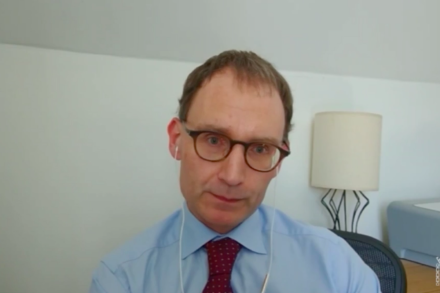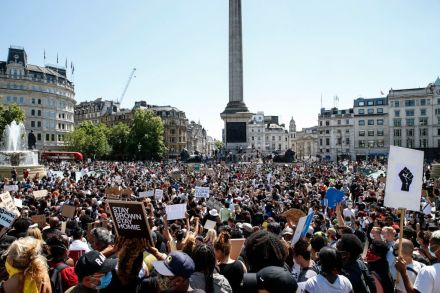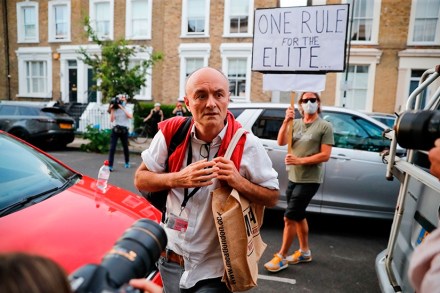Why can’t Neil Ferguson’s Imperial model be replicated?
Professor Neil Ferguson has been a little elusive of late – ever since he was forced to resign after he was revealed to have entertained his married lover at his home, thus breaking lockdown rules. But he did emerge from the woodwork this morning to give evidence to the House of Lords select committee on science and technology. In doing so he succeeded in walking into a fresh controversy. One of the first questions he was asked was by Conservative peer Viscount Ridley, who brought up (10:40) the subject of a Swedish study which sought to apply to Sweden Ferguson’s infamous mathematical model which forecast 250,000 deaths in Britain if the





















